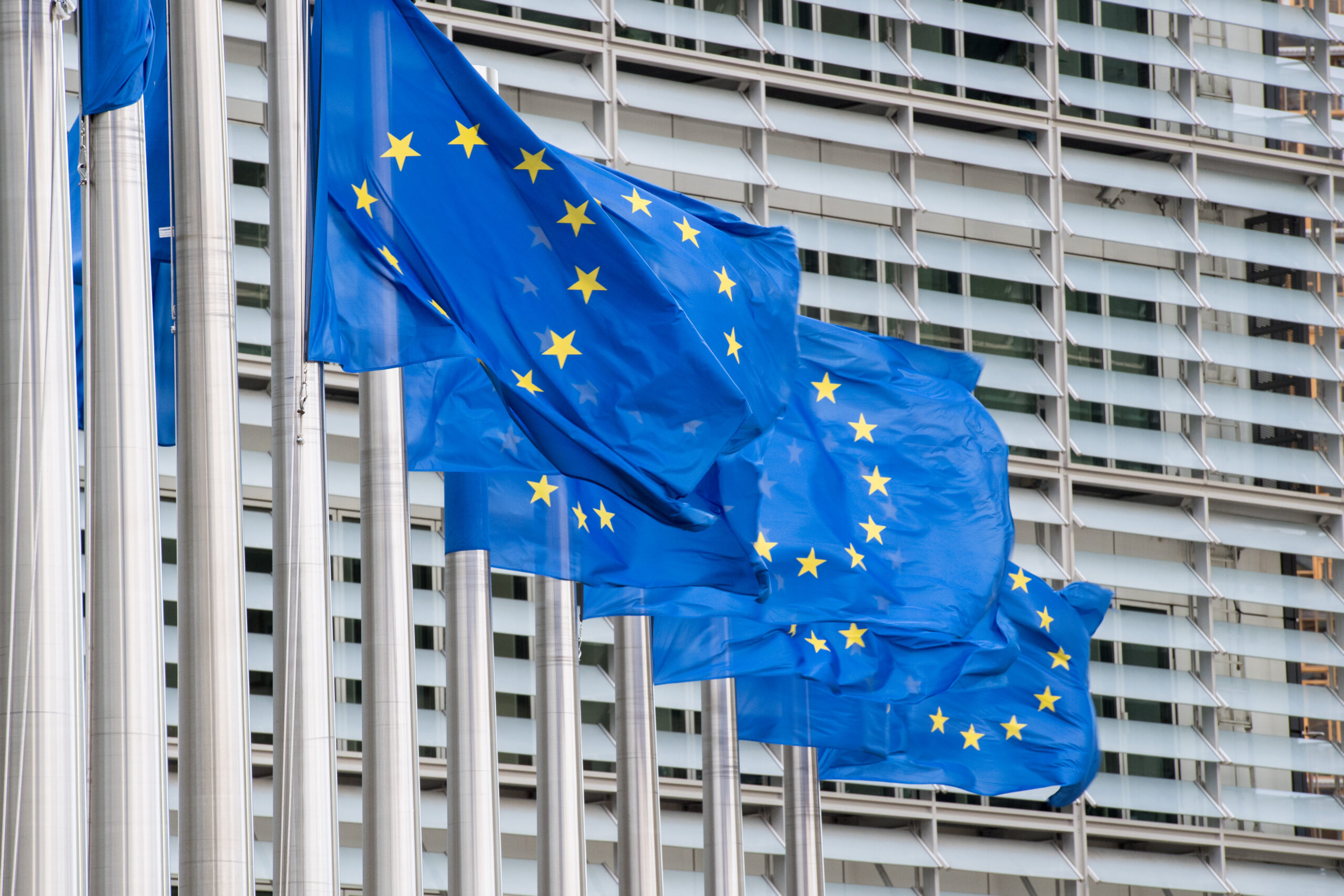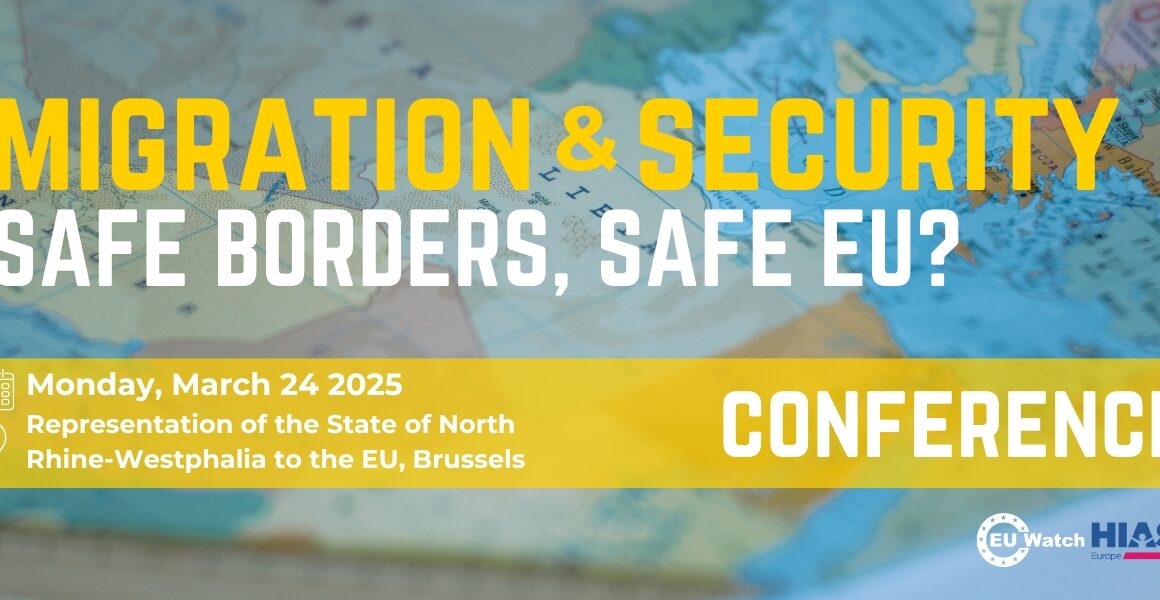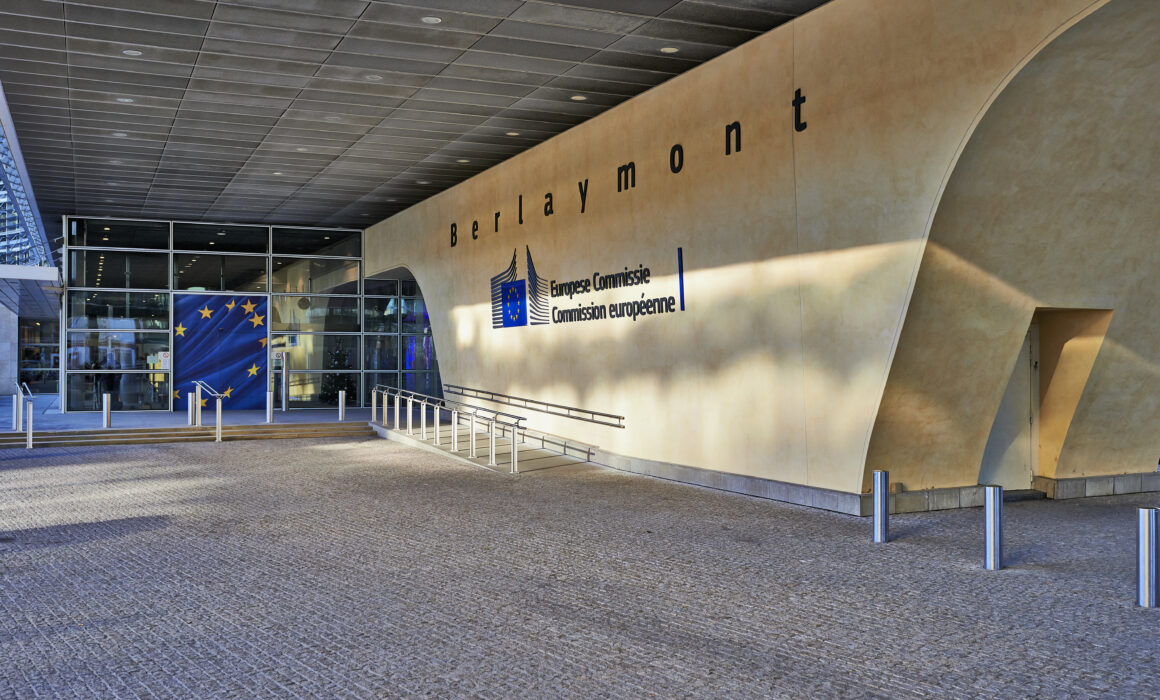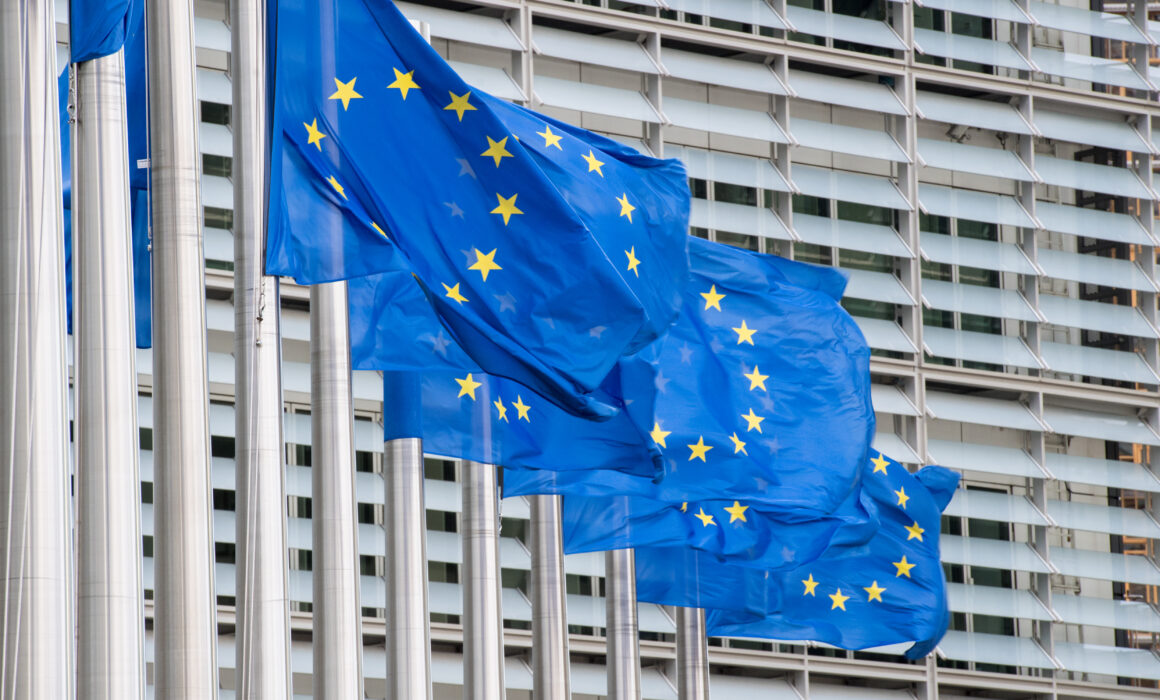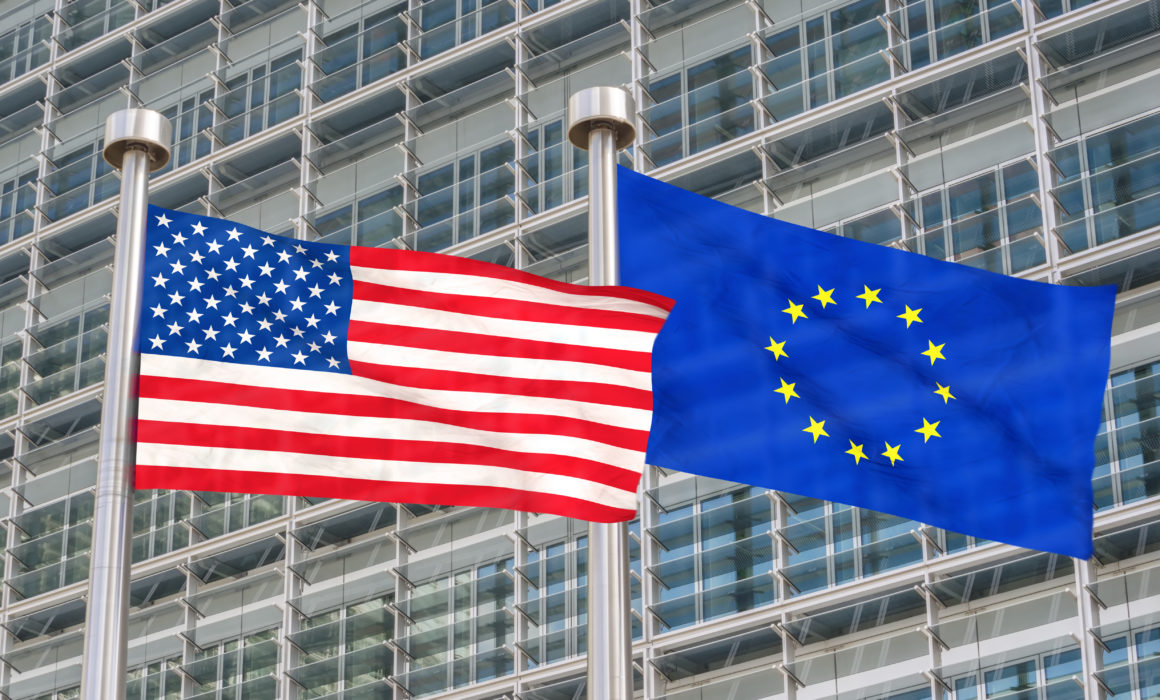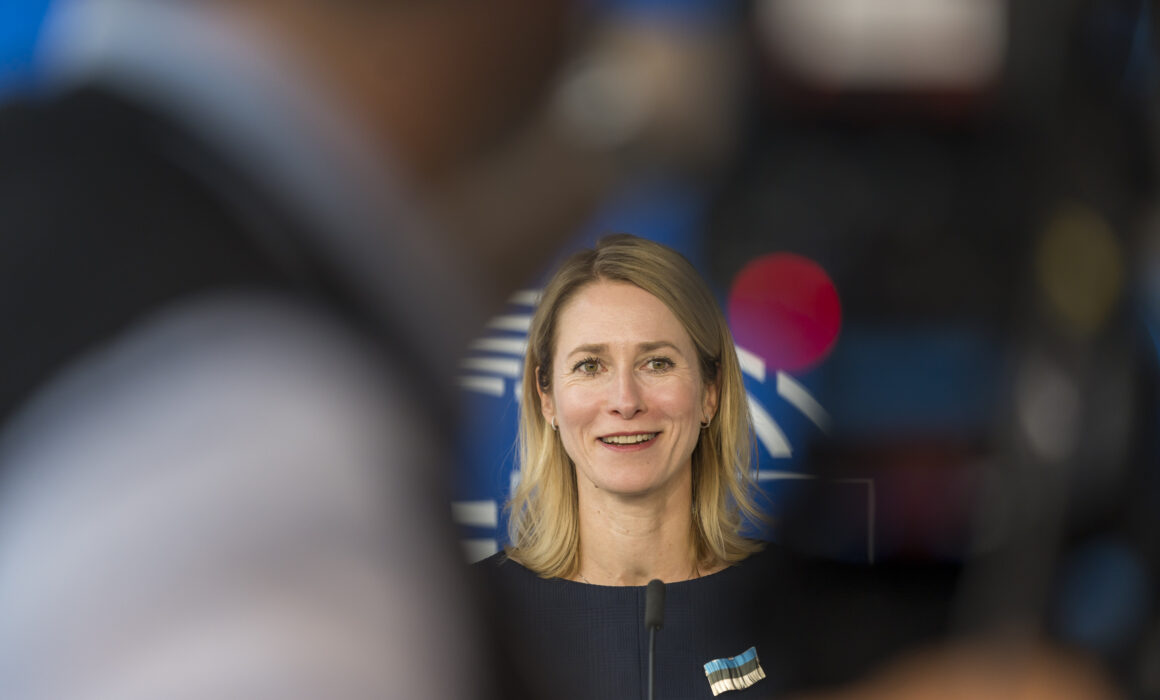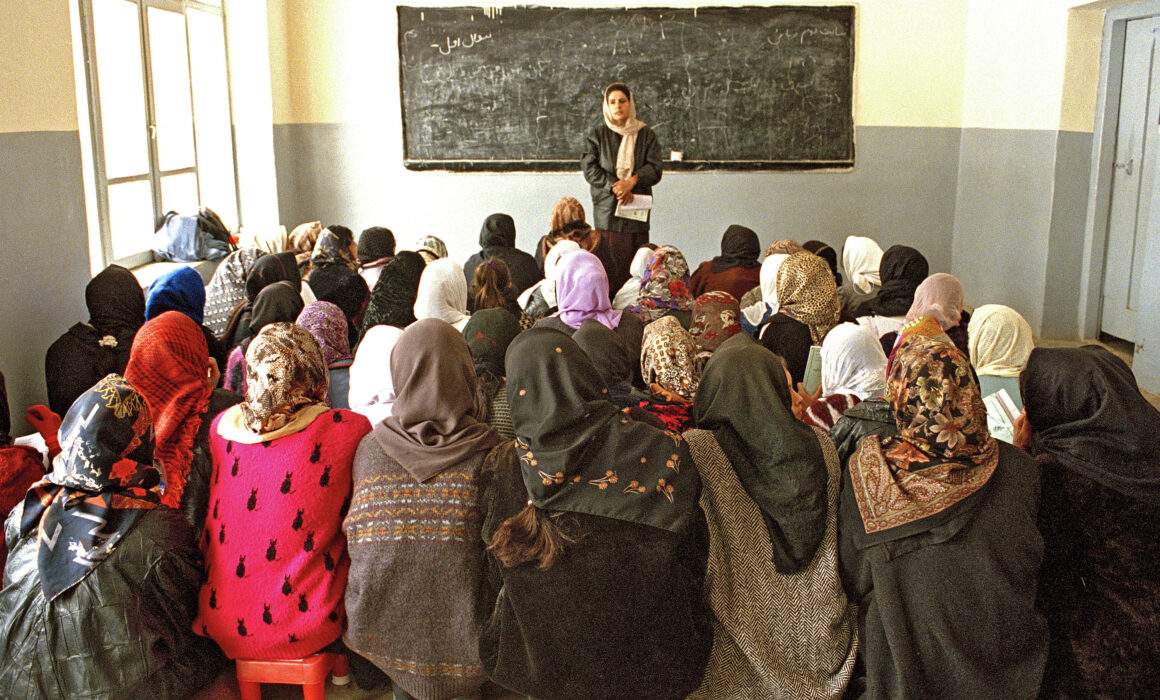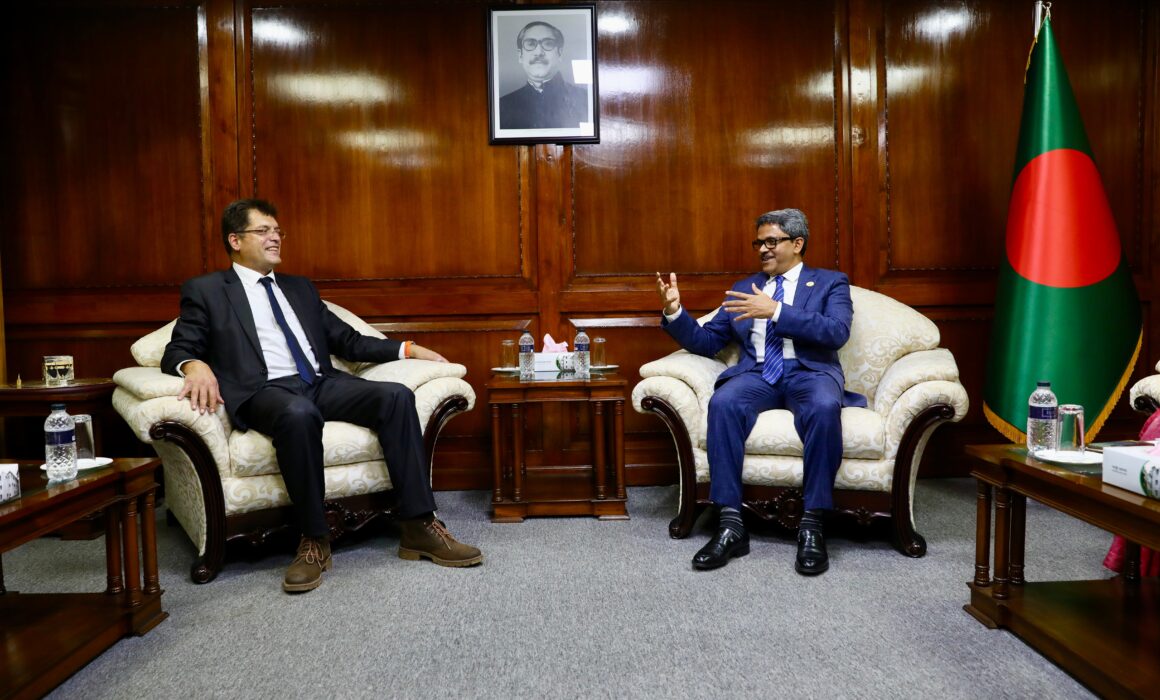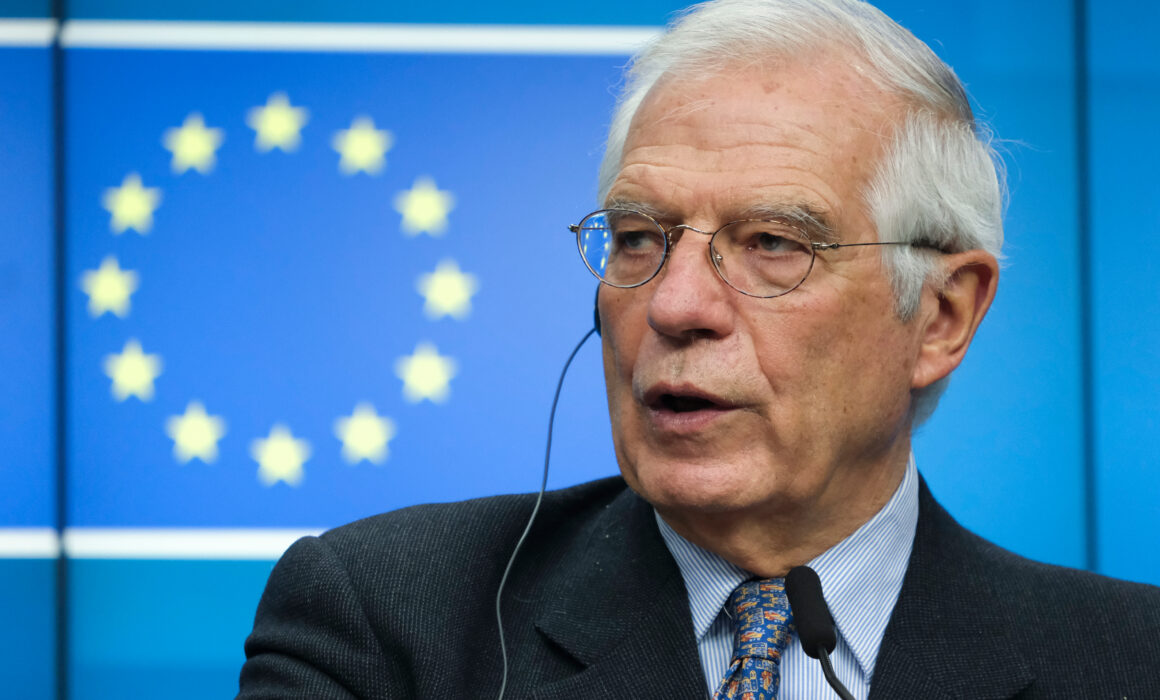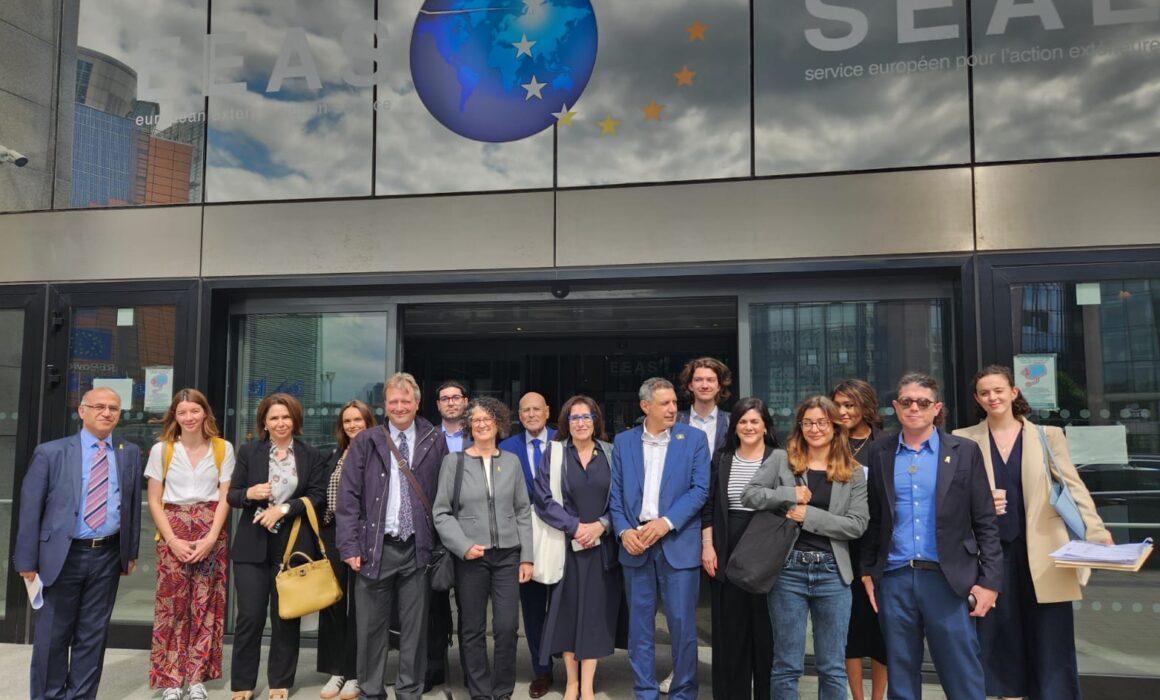Following is the full reply sent to us by the head of the Afghanistan division in the EEAS. To read our initial letter and the questions we have asked, scroll to the bottom.
The High Representative/Vice President Josep Borrell thank you for your letter and asked me to reply on his behalf.
Since the Taliban took power in Afghanistan in 2021, the Afghan people have been suffering from severe restrictions on their human rights. The systematic and systemic abuses against Afghan women and girls, further confirmed and extended by the recent appalling so-called law on the Promotion of Virtue and the Prevention of Vice, may amount to gender persecution, which is a crime against humanity under the Rome Statute of the International Criminal Court, to which Afghanistan is a State Party.
Besides strategic communication, the EU continues to use all its tools to safeguard fundamental human rights in Afghanistan, particularly concerning Afghan women and girls. The EU does so first through its assistance, which is delivered under a “by women for women” approach – ensuring women play a meaningful role in all aspects of aid interventions. The Commission has recently announced a new funding package worth €146 million to strengthen basic services and livelihoods for Afghans, with a particular attention to women, children and vulnerable populations, which shows once again the EU’s determination to support the Afghan people on the longer term.
Since the Taliban takeover of August 2021, the EU has put in place specific safeguards to ensure the assistance benefits the Afghan population – we no longer provide development aid or cooperation assistance in the traditional sense of the term, and no funding goes to or through the Taliban.
In parallel, to hold the Taliban accountable, the EU together with the international community has taken strong diplomatic action against the Taliban de-facto authorities, uniting in refusing to recognise officially the Taliban regime and in agreeing that such recognition (as stated in the UN’s independent assessment of which the UNSC Resolution 27215 took positive note), can only happen once the Taliban fully respects international obligations, including on human rights. The EU will remain engaged in the ongoing UN-lead process, which aims to reach such objective. The EU has also adopted restrictive measures against Taliban senior representatives under the EU’s Global Human Rights Sanctions regime.
The EU is engaged with Afghanistan civil society and – through principled engagement based on the five benchmarks set by the Council in September 2021 and March 2023 – with Taliban representatives. The EU aims to continue to seek dialogue with the de facto authorities, both on the ground through its delegation in Kabul (and its chargée d’affaire) and at international level, with a view to advocate for the fundamental rights of all Afghans, and more specifically of women and girls.

